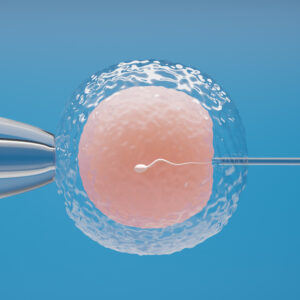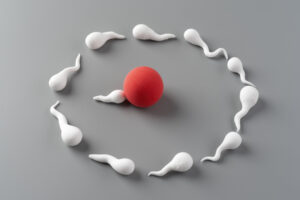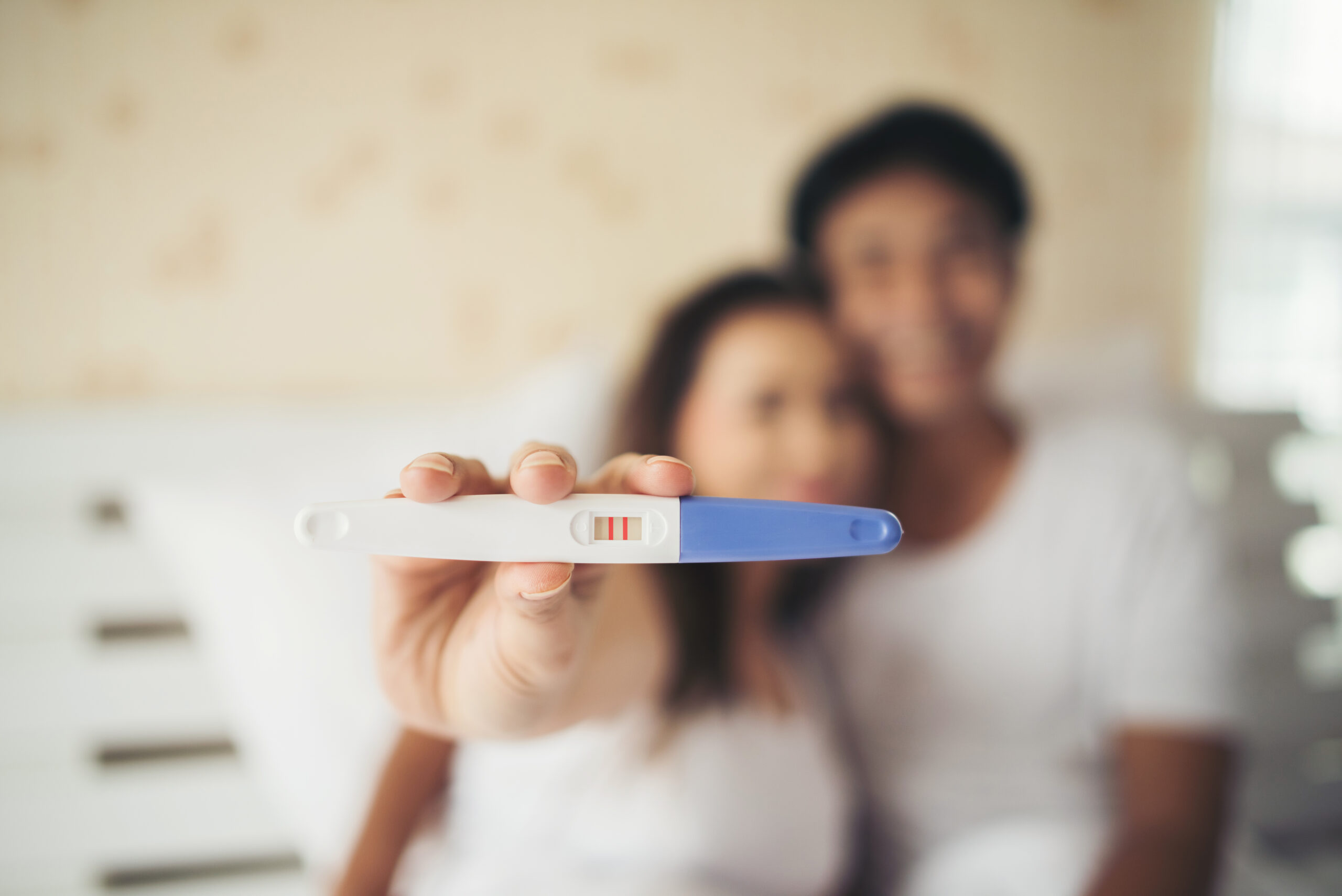- Implantation: The Key Step in a Successful Pregnancy
Implantation is one of the most crucial stages in early pregnancy, marking the moment when a fertilized egg attaches itself to the uterus lining. This process is essential for a successful pregnancy, yet many people are unaware of how factors like diet, lifestyle, and overall health can influence implantation success. In this blog, we will explore what implantation is, the signs of successful implantation, factors affecting implantation, and how you can improve your chances of a successful pregnancy.

What is Implantation?
Implantation occurs when a fertilized egg, now called a blastocyst, travels through the fallopian tube and embeds itself into the uterine lining. This typically happens about 6-10 days after ovulation. Once implantation occurs, the body begins to release human chorionic gonadotropin (hCG), the hormone detected in pregnancy tests.
Signs of Successful Implantation
Some women experience subtle symptoms indicating successful implantation. These may include:
✅ Implantation Bleeding – Light spotting, often pink or brown, that occurs around the time the embryo implants into the uterus lining. ✅ Mild Cramping – Some women feel mild cramps as the uterus adjusts to the implantation process. ✅ Increased Basal Body Temperature – A slight rise in basal body temperature may indicate successful implantation. ✅ Breast Tenderness – Hormonal changes can cause sensitivity and soreness in the breasts. ✅ Fatigue and Mood Swings – Early pregnancy symptoms like tiredness and mood fluctuations can start soon after implantation.
Factors Affecting Implantation Success
Several factors can influence whether implantation occurs successfully
- Hormonal Balance
Balanced levels of estrogen and progesterone are essential for preparing the uterine lining for implantation. Hormonal imbalances, such as those caused by PCOS or thyroid disorders, can reduce implantation chances.
- Uterine Health
A thick, receptive endometrial lining is necessary for the embryo to attach. Conditions like endometriosis or fibroids can interfere with implantation.
- Lifestyle and Diet
Poor eating habits, stress, smoking, and excessive alcohol or caffeine intake can negatively impact implantation. A nutrient-rich diet is key for reproductive health.
- Age and Egg Quality
Women over 35 may experience reduced implantation success due to lower egg quality and a thinner uterine lining.
- Stress and Sleep Patterns
Chronic stress and poor sleep can affect hormonal balance, reducing the chances of successful implantation.
How to Improve Implantation Success
The good news is that you can enhance your chances of implantation by making healthy lifestyle choices. Here are some tips:
✅ Eat Implantation-Friendly Foods – Consume foods rich in folic acid, omega-3 fatty acids, vitamin E, and iron to promote a healthy uterine lining. ✅ Maintain a Healthy Weight – Being overweight or underweight can impact hormonal balance and implantation. ✅ Manage Stress – Practice mindfulness, meditation, and relaxation techniques to reduce stress levels. ✅ Exercise Moderately – Light to moderate exercise, such as walking or yoga, can improve blood circulation to the uterus. ✅ Avoid Toxins – Minimize exposure to environmental toxins, pesticides, and chemicals that may disrupt hormonal balance.

Conclusion
Implantation is a vital step in early pregnancy, and several factors influence its success. A healthy diet, balanced hormones, and a positive lifestyle can significantly improve your chances of implantation. By making informed choices, you can optimize your reproductive health and enhance your journey toward a successful pregnancy.
Have you been tracking your implantation symptoms? Share your experience in the comments below!

